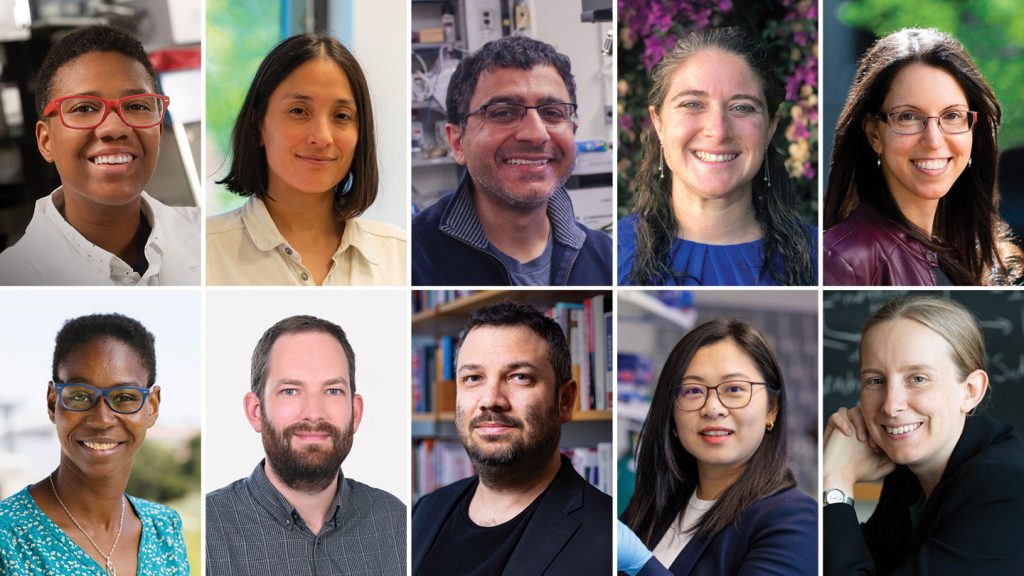The SN 10 list recognizes early- and mid-career scientists who are tackling some of the world’s most challenging issues and puzzling mysteries. These scientists are problem solvers and detectives, working on a wide range of topics from building electric vehicles to understanding cell movements and dark matter in the early universe. Each year, Science News highlights these exceptional researchers and welcomes recommendations for future lists.
Among the researchers recognized in this year’s SN 10 list is molecular and cell biologist Andrea Gomez from UC Berkeley. Gomez is interested in understanding the flexibility of the brain and how it can be controlled. Physicist and engineer Bhavin Shastri from Queen’s University is also featured for his work on building a light-based computer inspired by the human brain. Materials scientist Chong Liu is developing ways to tap unconventional sources of lithium, contributing to the advancement of battery technology.
Neuroscientist Dionna Williams, cognitive neuroscientist Freek van Ede, and biophysicist Hawa Racine Thiam are also part of the SN 10 list for their research on HIV and illicit drug interactions, eye-tracking in future planning, and the mechanics of cell movement, respectively. Biogeochemist Jacqueline Gerson investigates the movement of mercury to reduce human exposure, while physicist Nicole Yunger Halpern connects thermodynamics to quantum technologies. Theoretical physicist Tracy Slatyer proposes ways in which dark matter could manifest in observations, and communications researcher Yotam Ophir explores the gap between beliefs and evidence.
The work of these scientists highlights the diverse range of research being conducted across various scientific fields, from neuroscience to physics to biogeochemistry. By addressing important challenges such as renewable energy, environmental contamination, and human health, these researchers are contributing to the advancement of scientific knowledge and improving our understanding of the world around us. Their innovative approaches and curiosity-driven investigations are paving the way for future breakthroughs and solutions to complex problems.
Science News encourages anyone to recommend a researcher for future SN 10 lists by submitting their name, affiliation, and a brief description of their work. By recognizing and celebrating the achievements of early- and mid-career scientists, Science News aims to support scientific literacy and promote important societal decisions based on evidence and expertise. The SN 10 list serves as a platform to showcase the talent and dedication of researchers who are making significant contributions to their respective fields and pushing the boundaries of scientific discovery.
As we navigate through a critical time where science literacy is more crucial than ever, supporting science journalism and the work of organizations like Science News and the Society for Science is essential. By subscribing to Science News and contributing to expanding science literacy, individuals can play a role in promoting a better understanding of science and ensuring that science-based decision-making guides important societal issues. Your support helps strengthen scientific communication and empowers researchers to continue their groundbreaking work for the betterment of society.


